11 Items You Should Never Donate to Thrift Stores and Why It’s Important

Donating items to thrift stores is a great way to declutter your home while helping others. However, not everything in your home is suitable for donation. Some items can actually create more problems than benefits for the store, its customers, and even the environment. Before you rush to drop off your unwanted goods, it’s important to know which items should stay with you and which ones are truly beneficial to donate. In this blog, we’ll cover 11 items you should never donate to thrift stores and explain why you should avoid donating them.
1. Broken Electronics
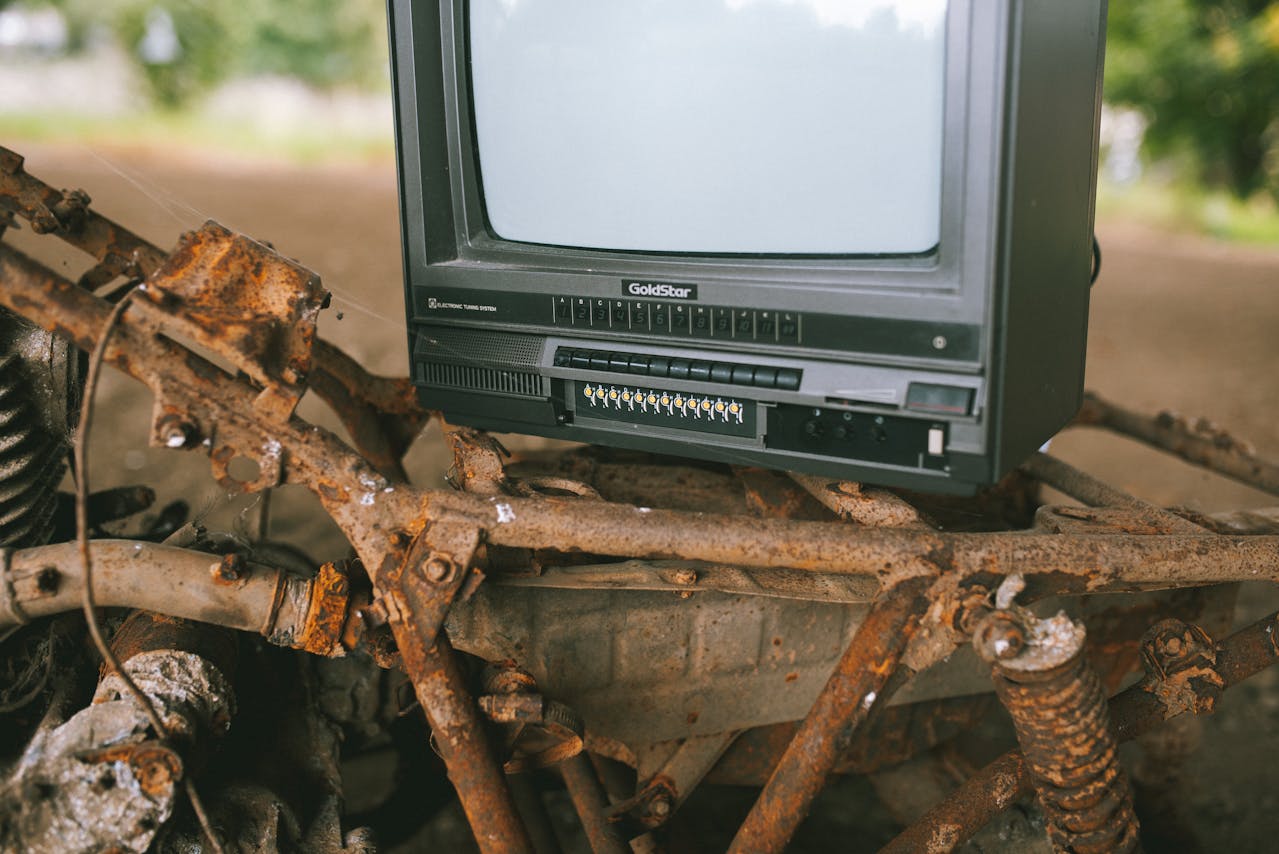
It may seem like a simple way to get rid of your old electronics, but donating broken gadgets is not the best choice. Thrift stores often lack the resources to repair faulty electronics, and attempting to resell them only creates extra work for staff. Moreover, electronics that are no longer functional can end up in landfills, contributing to environmental damage. Instead, look for electronic recycling programs in your area to dispose of them properly.
2. Used Mattresses
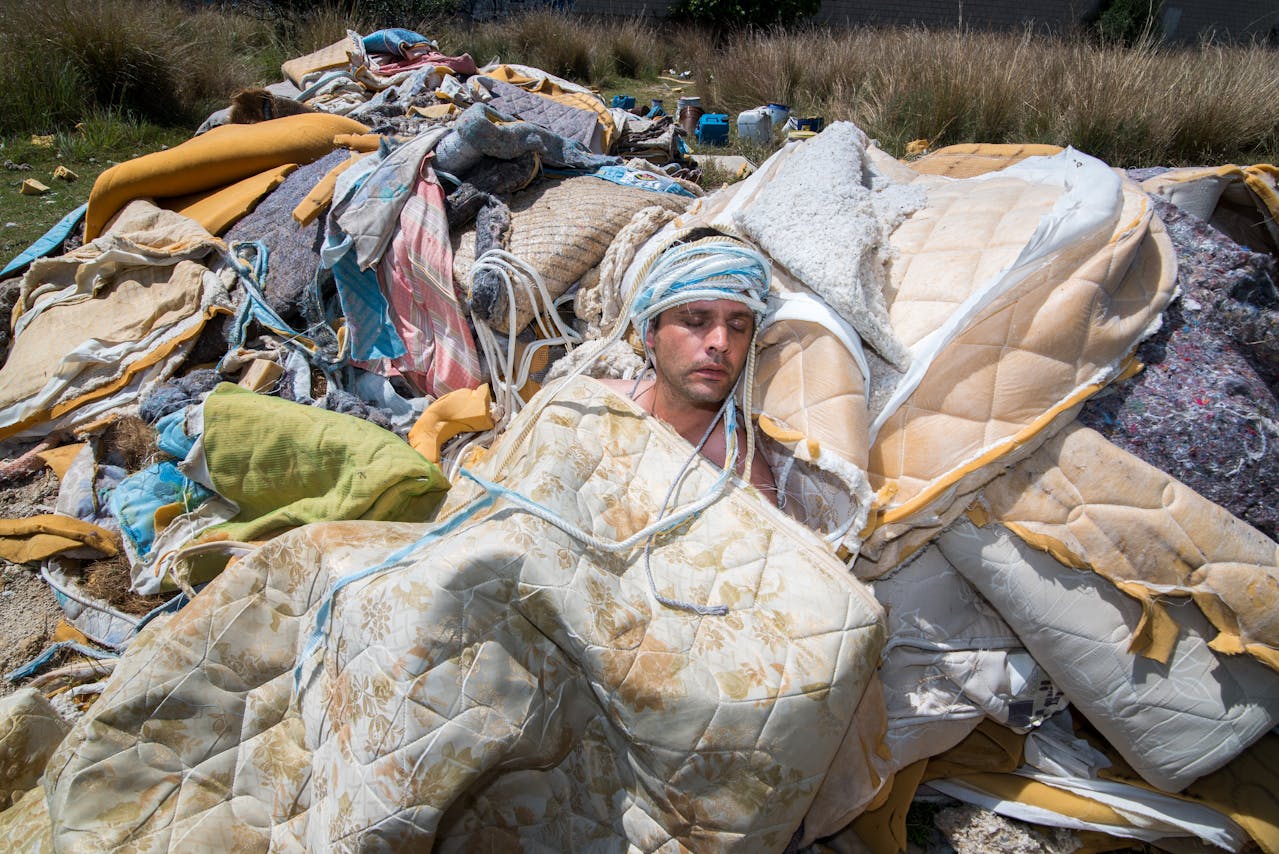
Used mattresses, while seemingly easy to part with, are not appropriate for donation. They can harbor dust mites, allergens, and even bedbugs, making them a health risk to anyone who might receive them. Additionally, most thrift stores do not have the capacity to inspect or sanitize mattresses. For the sake of cleanliness and safety, it’s best to dispose of your old mattress through a recycling program or local disposal service.
3. Torn or Stained Clothing
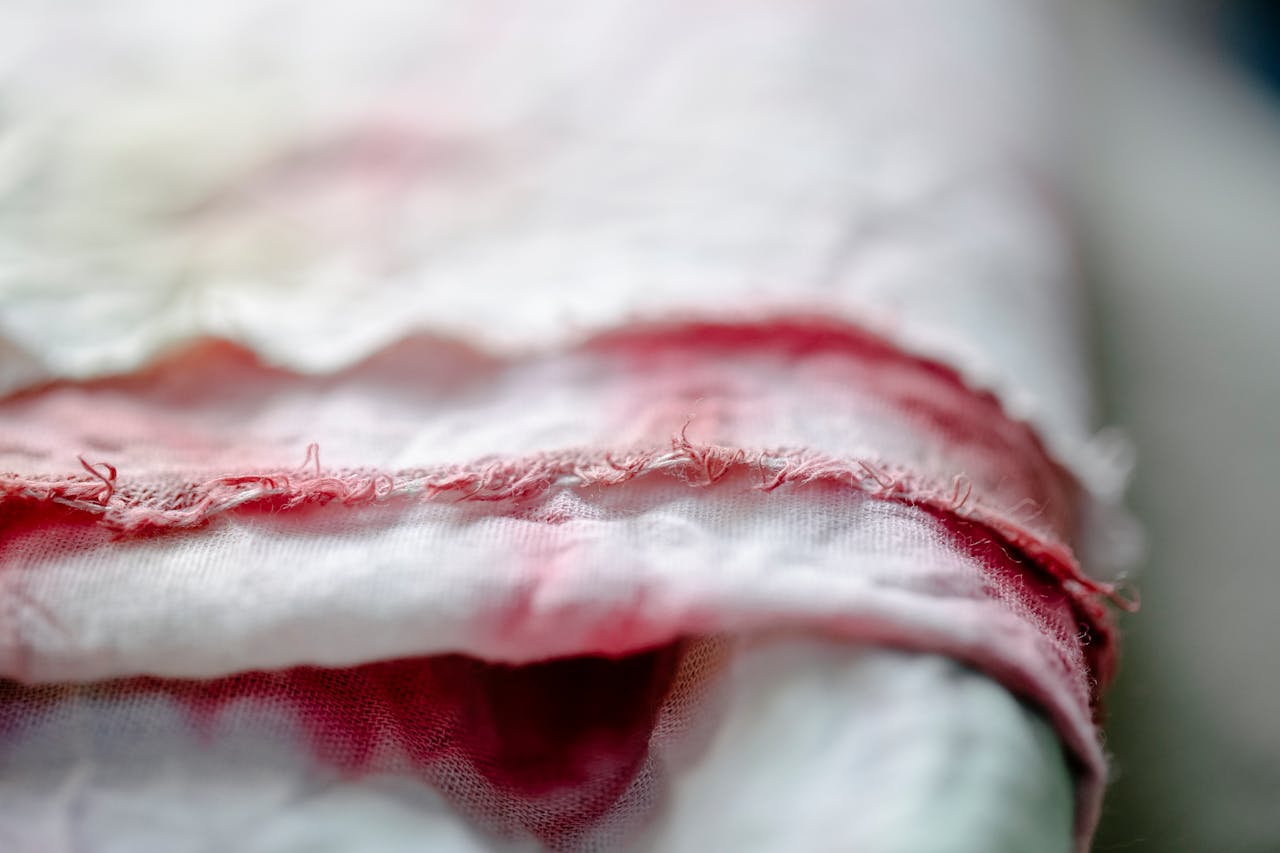
Clothing donations are always in demand, but items that are torn, stained, or excessively worn out should never be donated. Thrift stores only want gently used, clean, and wearable clothes, and damaged items require time and resources to repair. If your clothes are beyond repair, consider repurposing them into rags or recycling them rather than sending them to a thrift store.
4. Expired Food and Medicine

It’s easy to forget, but donating expired food or medicine is both unsafe and irresponsible. Expired food items can lead to health problems, and donating old medications can be harmful. Thrift stores are not equipped to handle these products, and many states have regulations prohibiting the donation of expired items. Always check expiration dates before donating and dispose of expired food and medicine through appropriate channels.
5. Broken Furniture
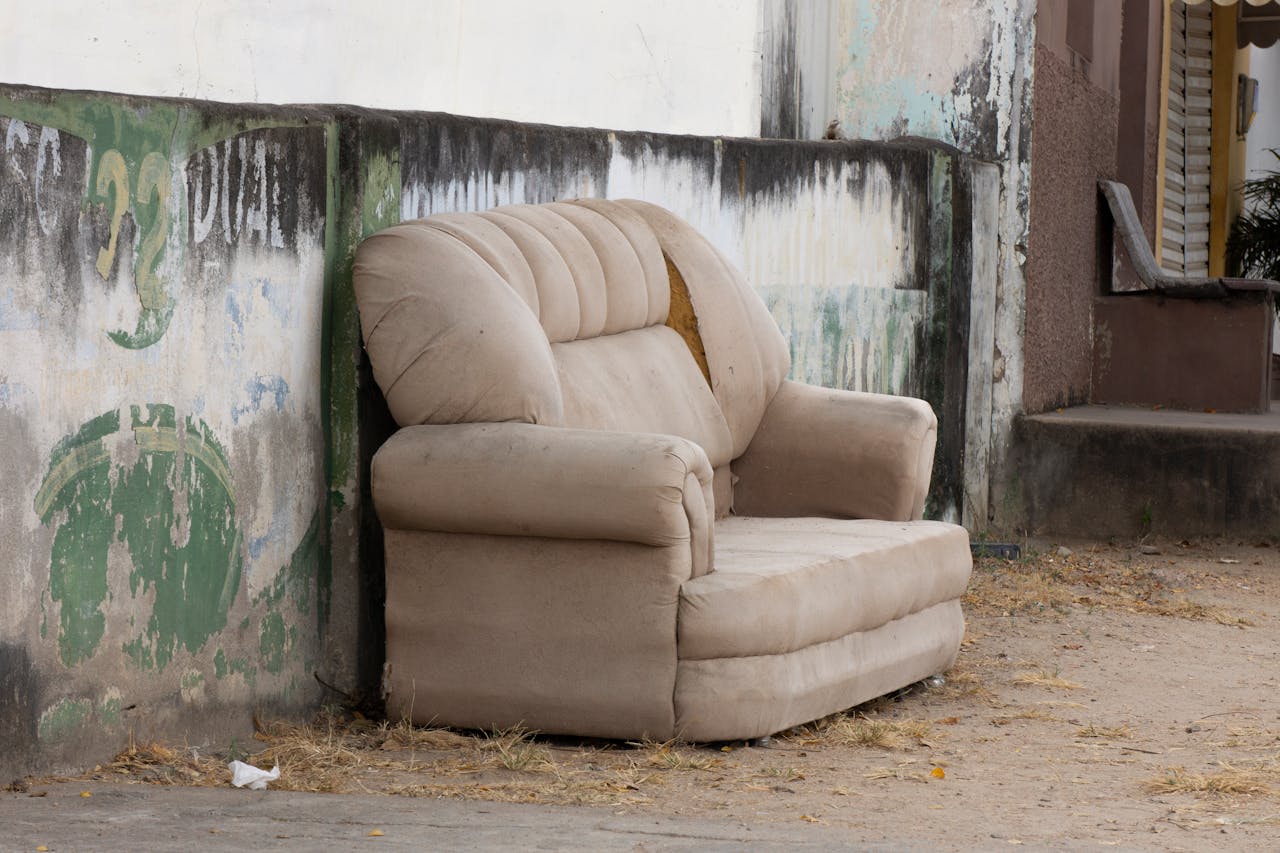
Furniture donations can be a great way to pass on your unwanted items, but broken furniture should not be on your donation list. Chairs missing legs, cracked tables, or couches with torn upholstery are not only difficult to repair, but they also pose safety risks. Thrift stores generally lack the resources to fix broken furniture, so it’s better to dispose of these items responsibly or look for alternatives like furniture recycling services.
6. Hazardous Household Products
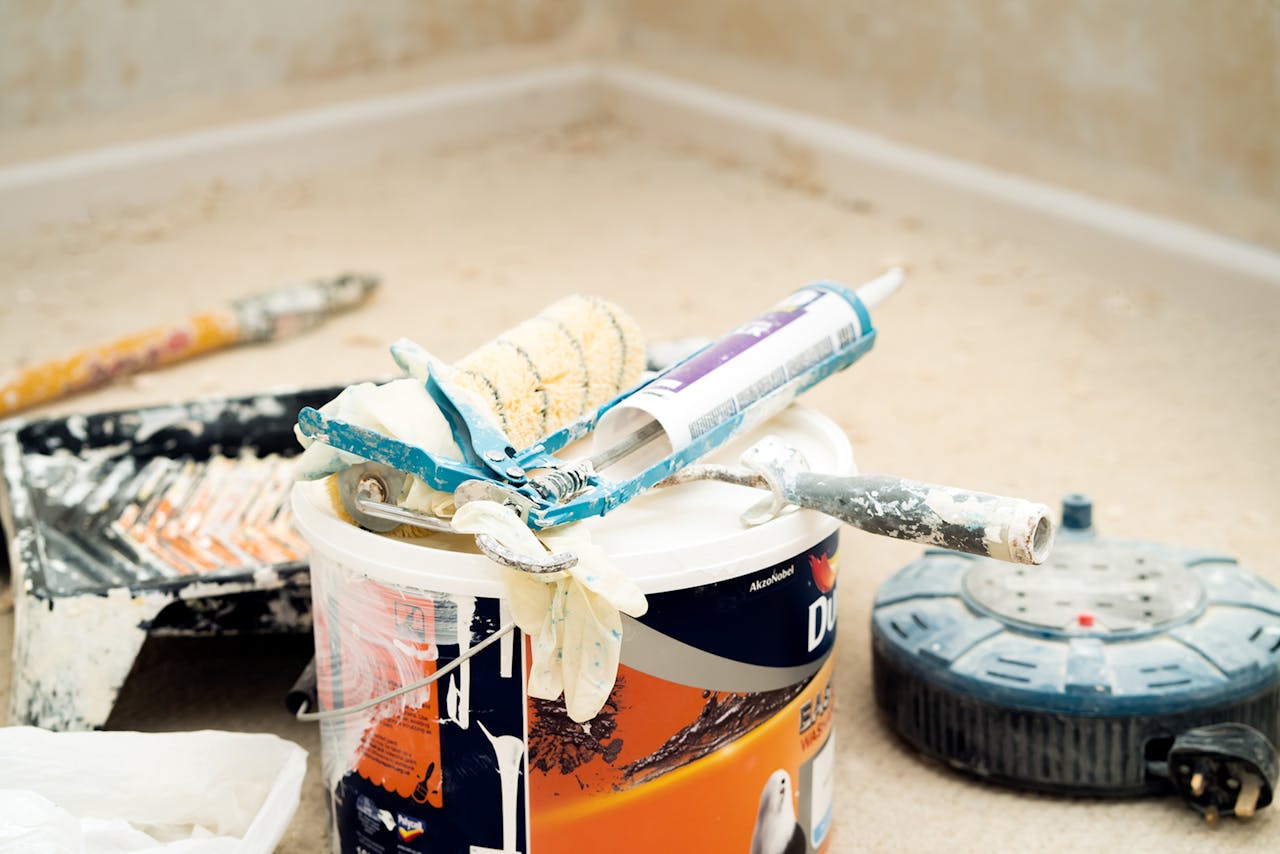
Common household products, such as cleaning chemicals, paints, and batteries, should never be donated. These items are considered hazardous materials and can pose a danger to the environment and anyone handling them. Thrift stores cannot safely store or sell these products, and most places have laws regulating their disposal. Always take hazardous products to a designated recycling or disposal center.
7. Unmatched or Damaged Shoes
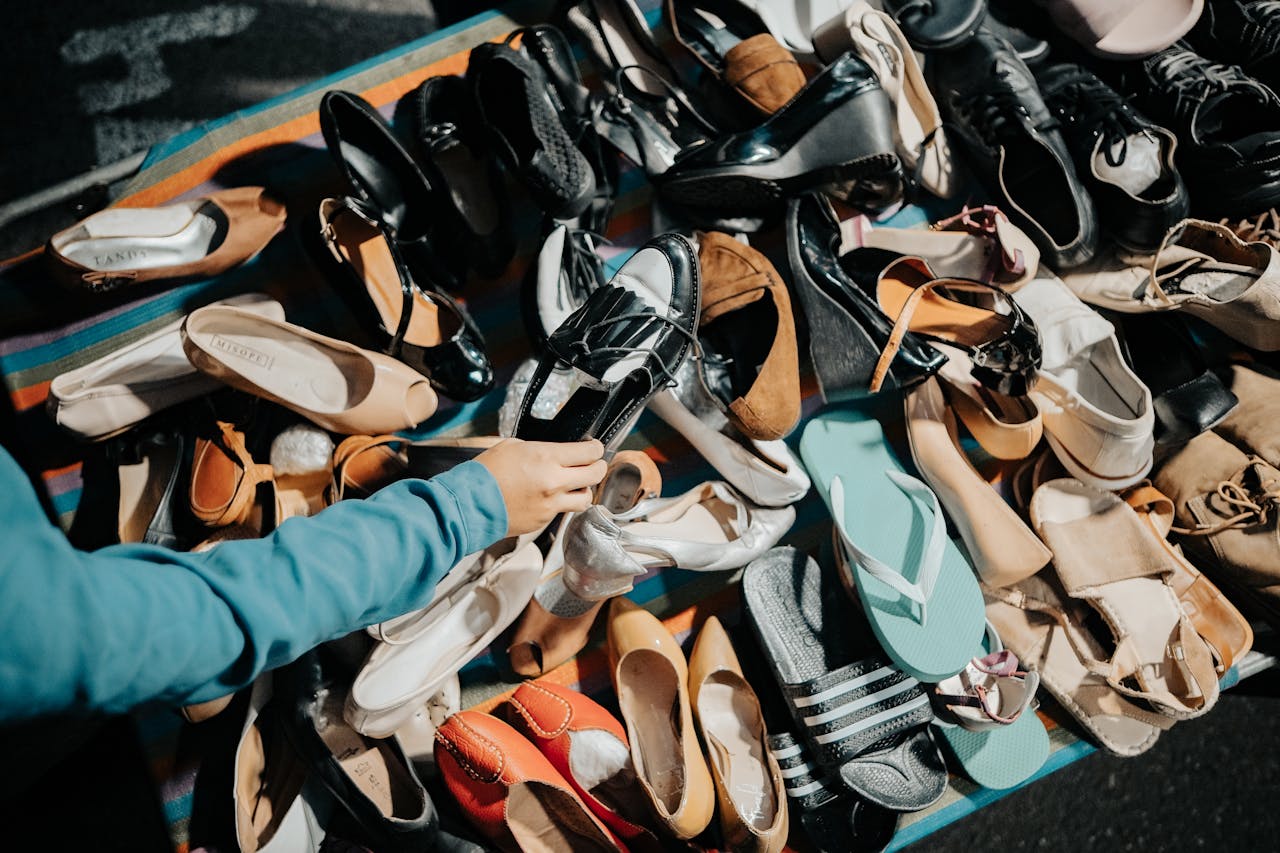
If your shoes are missing a pair or are excessively worn out, don’t donate them. Thrift stores typically cannot sell single shoes, and shoes that are damaged beyond use just end up in the trash. If you want to donate shoes, make sure they are in good, wearable condition and that both shoes are included. If the shoes are no longer wearable, consider upcycling them or donating them to a shoe recycling program.
8. Used Underwear and Swimsuits
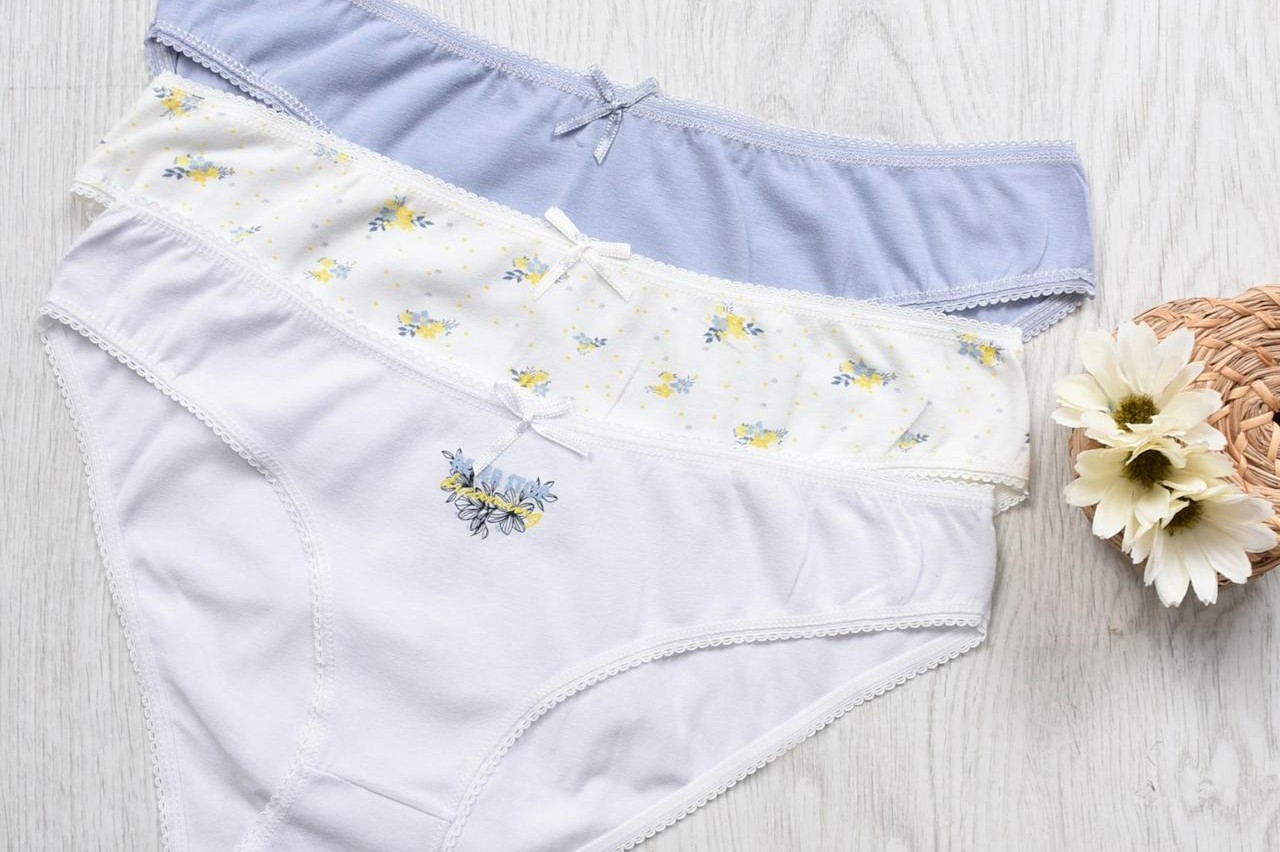
Used underwear and swimsuits should never be donated to thrift stores. These items are considered personal hygiene products, and donating them is unsanitary. Most thrift stores will not accept them due to health concerns, and even if they did, they’re not items most people would want to buy secondhand. Dispose of old underwear or swimsuits responsibly or explore options for fabric recycling if the material is still in good condition.
9. Old and Outdated Holiday Decorations

Holiday decorations may seem like a fun donation, but they often don’t meet the standards of thrift stores. Outdated or worn-out decorations such as faded lights, cracked ornaments, or tattered wreaths are unlikely to sell. Many thrift stores prefer newer items that are in good condition and can be resold easily. If your holiday decor is past its prime, it’s better to recycle it, repurpose it into something new, or throw it away.
10. Pillows and Bedding
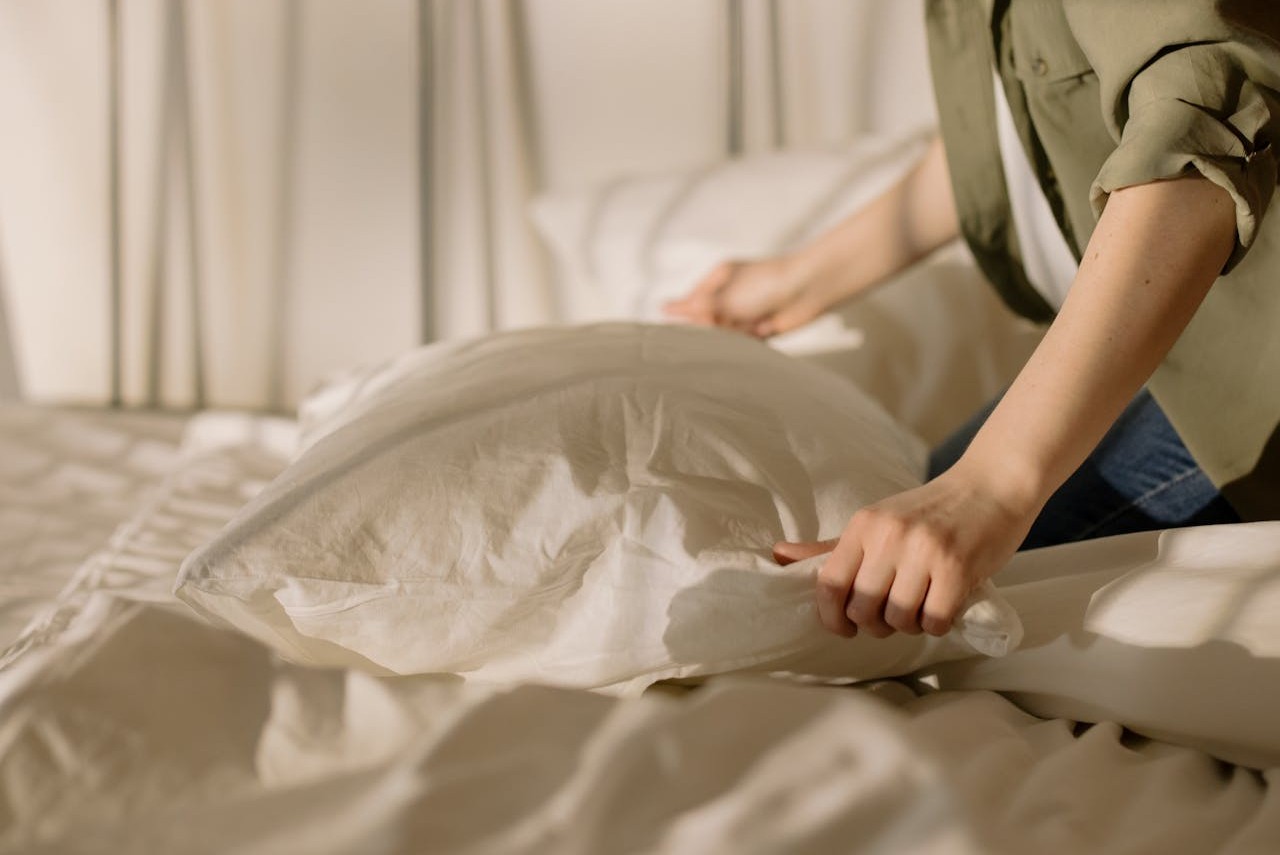
While blankets and comforters can sometimes be donated, pillows and used bedding items often aren’t accepted at thrift stores. Pillows can harbor dust mites and allergens, and old bedding might not meet the cleanliness standards of most stores. If your pillows or bedding are in poor condition, consider replacing them rather than donating them. Recycling programs may be available in your area to handle these items properly.
11. Car Seats and Cribs
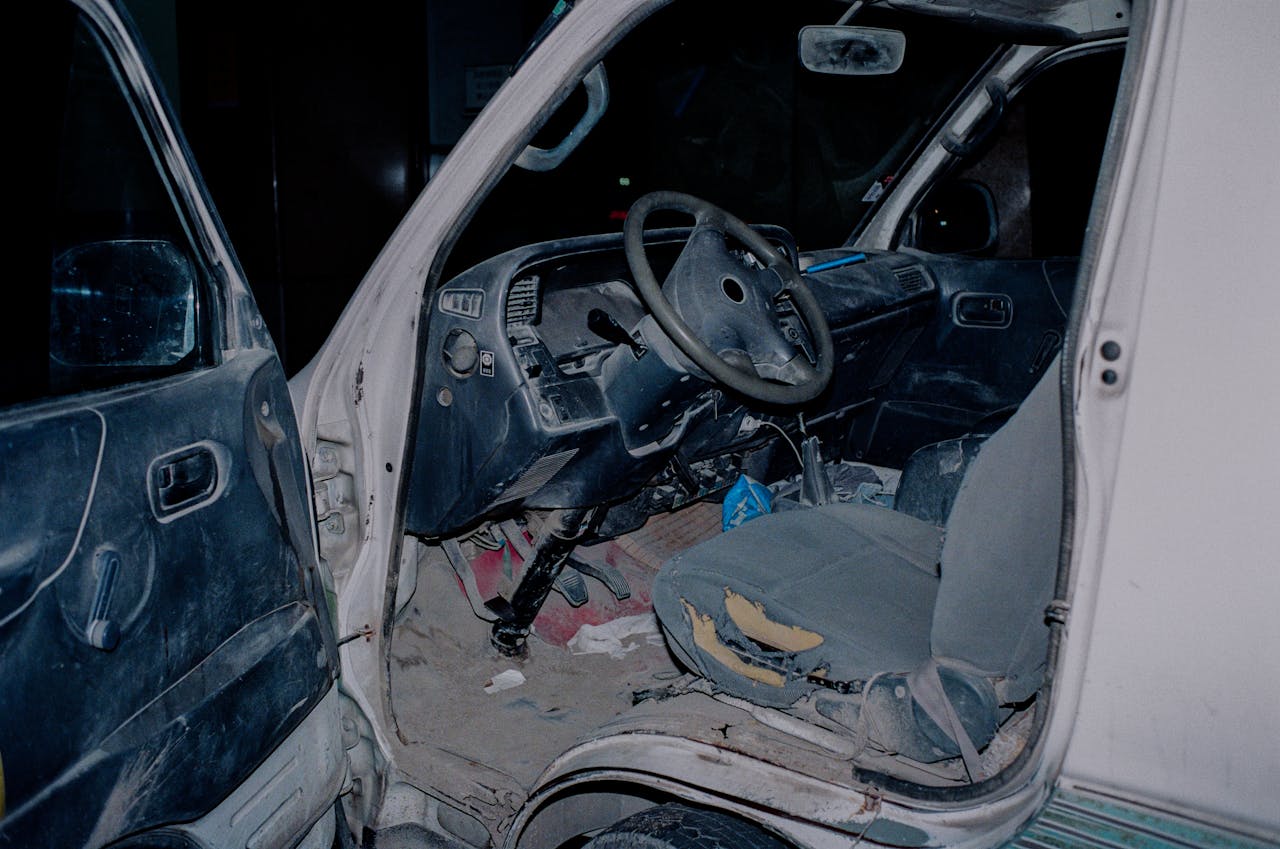
Car seats and cribs are some of the most critical items that should never be donated. Car seats have expiration dates, and any that are past those dates can be dangerous to children. Additionally, cribs must meet specific safety regulations, and older models may not adhere to current standards. Donating car seats or cribs can put people at risk. Instead, check with local organizations that specialize in car seat recycling or disposal services to ensure safe handling.
Final Thoughts
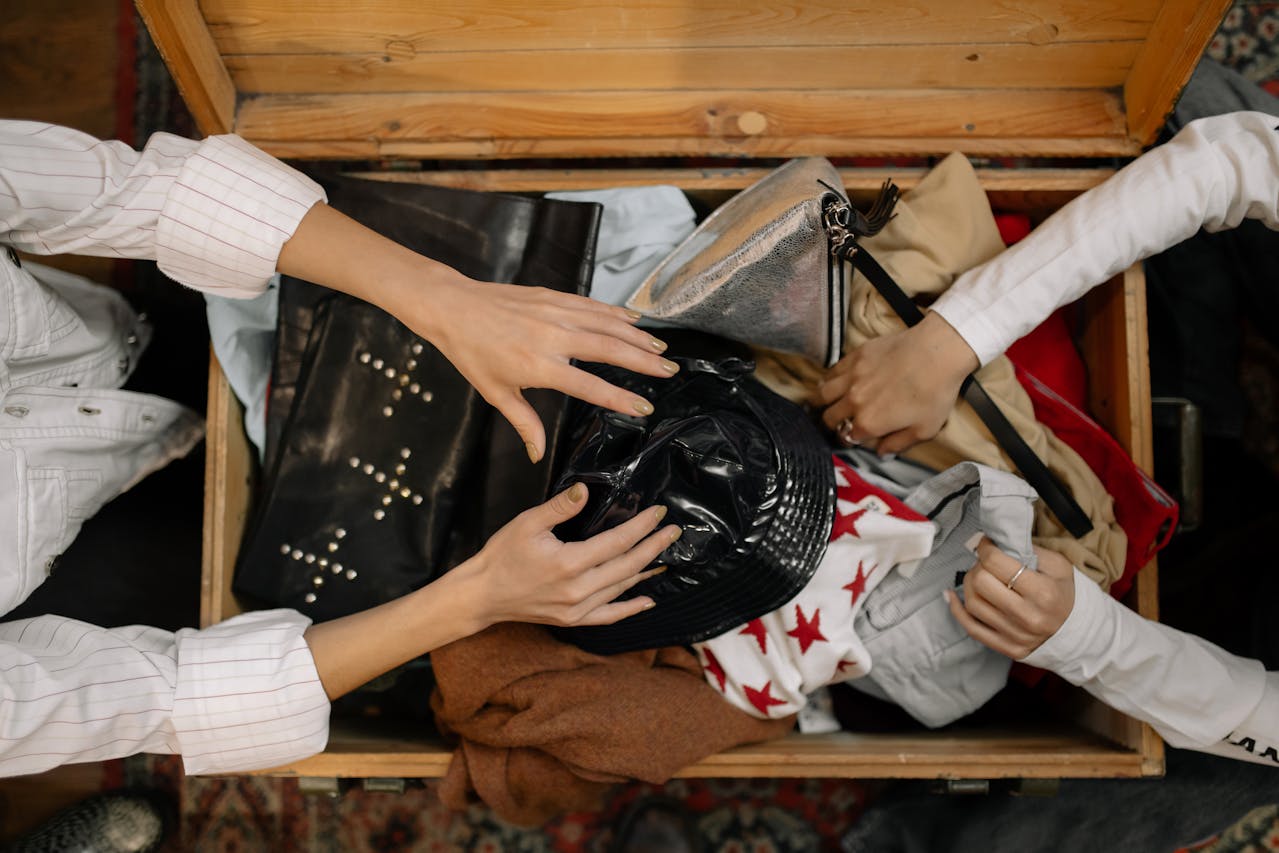
While donating items to thrift stores can be a helpful and rewarding experience, it’s important to remember that not everything in your home is suitable for donation. Donating broken electronics, worn-out furniture, or hazardous products only creates extra work for the store and may even put others at risk. Before you donate, take the time to assess the condition of your items and ensure they are in good shape for resale. By being thoughtful about what you donate, you can help your local thrift store thrive, support your community, and ensure that your unwanted items are used in the best way possible.
Leave a Reply